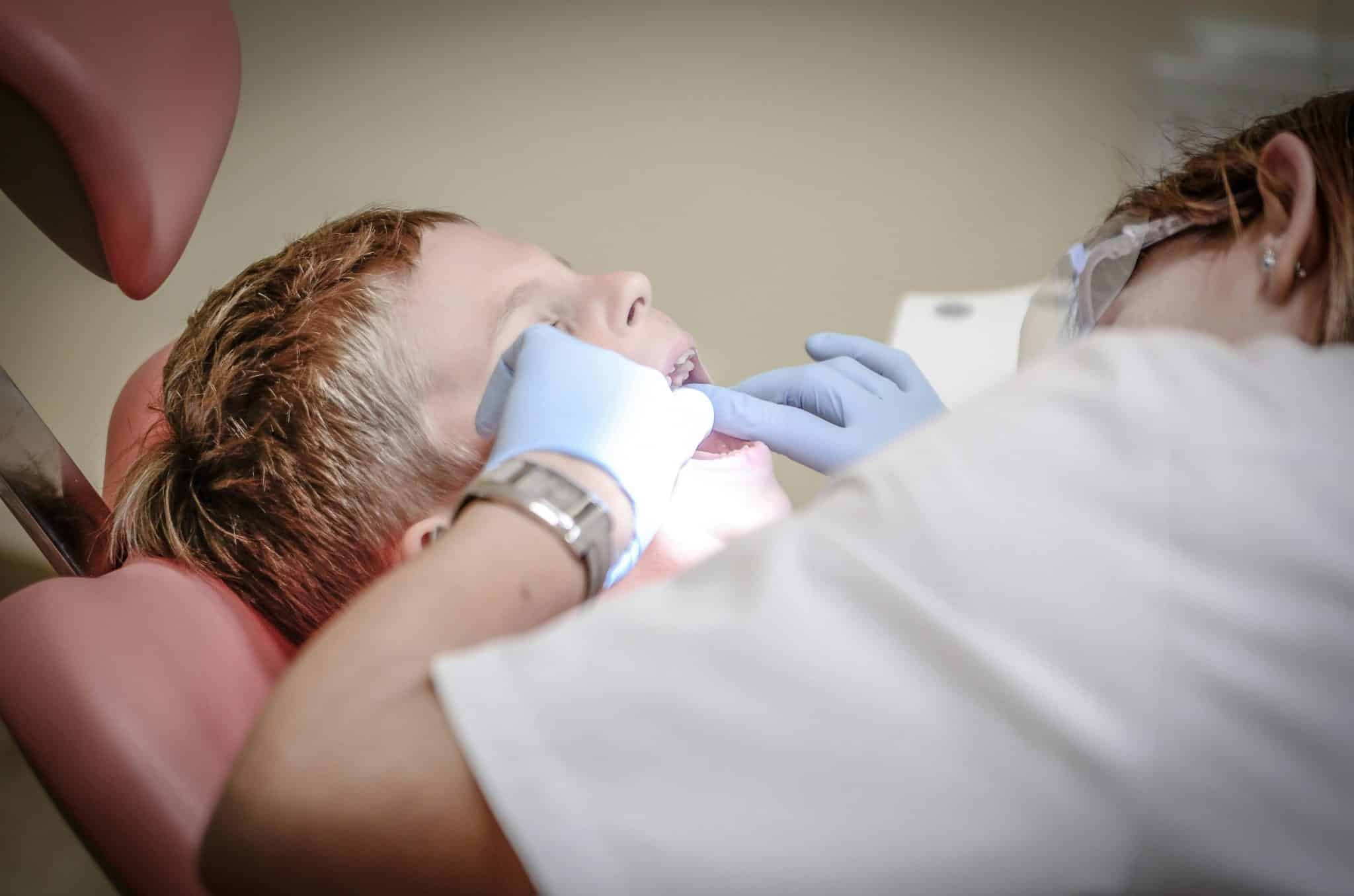Why Parents Shouldn’t Ignore Teeth Grinding in Kids and Teens
It is easy to overlook small habits children develop, especially when they happen at night. One of the most common but often ignored habits is teeth grinding, also known as bruxism. Parents may hear it as a faint grinding sound while their child sleeps or notice subtle signs like jaw soreness in the morning.
Although it might seem harmless, untreated teeth grinding can cause significant issues for kids and teens over time. By recognizing the signs early, parents can protect their children’s health and prevent long-term dental problems.
Understanding Teeth Grinding
Teeth grinding is more common in kids and teens than many parents realize. Stress, misaligned teeth, and even certain sleep patterns can trigger the behavior. While some children may outgrow it, others continue into adolescence and adulthood, making it a persistent challenge.
Grinding not only wears down teeth but also puts pressure on the jaw, leading to discomfort and potential damage. Left unchecked, the habit can cause cracked enamel, increased sensitivity, and even long-term orthodontic issues.
Signs Parents Should Watch For
Since teeth grinding often happens at night, parents need to look for indirect signs during the day. These may include:
- Complaints of headaches in the morning
- Jaw pain or soreness
- Excessive tooth wear
- Chipped or broken teeth
- Difficulty chewing or sensitivity to hot and cold foods
Teens may also feel self-conscious if grinding leads to visible dental issues, which can affect their confidence. Early recognition helps ensure proper treatment before problems become more serious.
The Impact on Overall Health
Teeth grinding affects more than just oral health. Chronic grinding can contribute to sleep disruptions, leaving kids tired and irritable. Poor sleep, in turn, impacts focus at school and mood at home. Some children even develop earaches or tension in their neck and shoulders due to the strain on facial muscles. By addressing grinding early, parents help their children avoid both physical discomfort and the emotional stress tied to poor rest.
Treatment Options for Families
Dentists may suggest different solutions depending on the severity of the problem. In some cases, relaxation exercises or stress management strategies are helpful, especially if grinding is tied to anxiety. For many kids and teens, a custom night guard is the most effective option.
These guards act as a protective barrier, preventing enamel wear and easing pressure on the jaw. While some parents worry about affordability, resources are available to make the investment easier. For example, families can research nightguard cost options that fit their budget, ensuring their child’s smile is protected without unnecessary financial stress.
Supporting Kids at Home
Parents can play an active role in reducing the impact of grinding. Creating a calming bedtime routine helps lower stress, which is a common trigger. Avoiding caffeine and sugary snacks in the evening can also reduce grinding episodes. For teens with busy schedules, encouraging mindfulness or gentle stretches before bed may make a difference. Most importantly, parents should talk openly with their children about the problem, offering reassurance that solutions are available and effective.
The Role of Regular Dental Visits
Routine dental check-ups are key for spotting grinding issues early.
A pediatric dentist in Brandon, FL, or any professional in your area, can look for enamel wear, check bite alignment, and recommend treatment options tailored to the child’s needs. In many cases, dental professionals are the first to notice signs of bruxism. By maintaining consistent visits, parents ensure their child’s oral health is monitored closely, reducing the risk of long-term complications.
Building Healthy Habits for the Future
Teaching kids to care for their oral health sets them up for success later in life. Addressing teeth grinding is part of this larger picture. When parents take grinding seriously, children learn the importance of speaking up about discomfort and taking preventive action. These lessons carry into adulthood, helping them maintain stronger, healthier teeth for years to come.
Final Thoughts
Teeth grinding in kids and teens is not something parents should dismiss as a passing habit. From dental damage to disrupted sleep, the effects can be far-reaching. Fortunately, with early recognition and the right tools, families can protect their children from long-term harm. A night guard, stress management strategies, and regular dental care all play a role in treatment. By staying proactive, parents not only safeguard their child’s smile but also ensure a healthier, more confident future.









Arabic interior design is more than aesthetic choices—it’s a cultural expression with centuries of history. In Abu Dhabi, this design philosophy has evolved while preserving its essential characteristics: geometric patterns inspired by Islamic art, thoughtful spatial flow that respects privacy and hospitality, and materials that respond to the local climate.